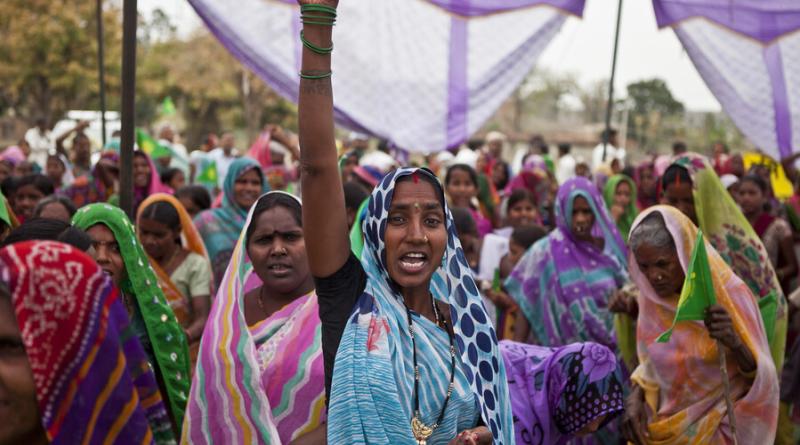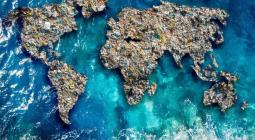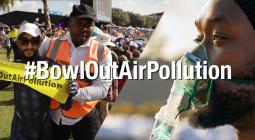From Saving Ancient Forests To Fight For Clean Air, My Experience Of Working As a Campaigner For Greenpeace India

I joined Greenpeace India in 2013 as a Media Consultant within the communications team. I've done a few different communications roles in the last seven years, and now I am the Climate Energy Campaigner. My job involves research and planning of campaigns. I also take care of advocacy, community mobilization, and engagement.
I come from an activist background, so this space is where I feel very comfortable. My parents were activists for equality and human rights and from a young age, I’ve always moved within grassroots circles. I was always passionate about writing and wanted writing to be my tool for campaigning, so I joined the Indian Institute of Mass Communication for a course in Journalism.
Soon after finishing my course, I became a reporter for a local newspaper. I realized that the media in India was often controlled by the corporate capitalists and there was no full freedom of expression when it came to my work. Even though I always wanted to be a writer, I didn’t think it was the right place for me.
I got interested in the work Greenpeace India was doing at Singrauli - the energy capital of the country and home to tribal communities, forest dwellers, and some of the most threatened forests remaining in Central India. At the time, Greenpeace India launched the Save Mahan campaign. Mahan is an ancient forest, spread across 1,200 acres in Singrauli, which was under the threat of being axed down for the coal that lies underneath its pristine cover. Over 50,000 villagers are dependent on the Mahan forest. Greenpeace India joined the villagers and united forces to protest and save the forest.
I left my city life and traveled to Singrauli, where I stayed for two years. I worked alongside the local grassroots activists acting as the media communications person for the campaign. I also had a chance to do campaigning work, which allowed me to see other aspects of communications work, like engagement and community mobilization.
The campaign was a huge success, and we were able to save Mahan forest. We saved more than four lakh (400,000) trees, whole wildlife in the river, and more than 60 villages, which we're going to be displaced. What I love about working for Greenpeace India is that our work is not limited to environmental issues. We do a lot of work on improving life in our communities and indigenous people's rights. When trying to solve the climate emergency issue, we look at solutions from a climate and social justice perspective.
My job involves challenging unethical corporate practices and government work, and there is a lot of work to do. India is seeing more than 1 million deaths because of air pollution. This is a huge public health emergency and we have been campaigning for governmental action for five years. In 2019, the government announced the National Clean Air Action Plan not only in New Delhi, which is usually at the center of the air pollution narrative, but it included a total of 122 cities in that plan. 80% of Indian cities are not meeting the National Air Quality Standards and people are breathing toxic air. At Greenpeace India, we have been campaigning asking the government to take action and we are hopeful that with the National Clean Air Programme we will be able to achieve cleaner air within the next five years or six years.
Victories like this give so much meaning to my campaigning work. I have always been passionate about activism and journalism, and I’m very happy to be able to use both for an organization whose values are closely aligned to mine. My work at the newspaper was getting monotonous, but at Greenpeace India years later I still have opportunities to grow and learn new skills. I am not limited to my job description, but instead, I can go beyond it and do whatever is the best way to contribute to the cause. I have the freedom to implement my ideas and that freedom is very rare in the corporate world.
While working for Greenpeace India, I also had the opportunity to develop great relationships not only with other Greenpeace entities, who are always accessible and helpful but also with other grassroots organizations. This external global network brings a lot of value, but perhaps what I love the most about working for an organization like Greenpeace, is that we are never scared of doing things and we always take a stand for the right thing. The fact Greenpeace doesn’t take any funding from corporations or the government allows us to maintain our independence. Every time we win a campaign it is thanks to individual supporters who donate so we can continue doing our work. This makes Greenpeace a very unique organization and is proof of how strong the people power movement is.
Picture: Sudhanshu Malhotra, Greenpeace India





